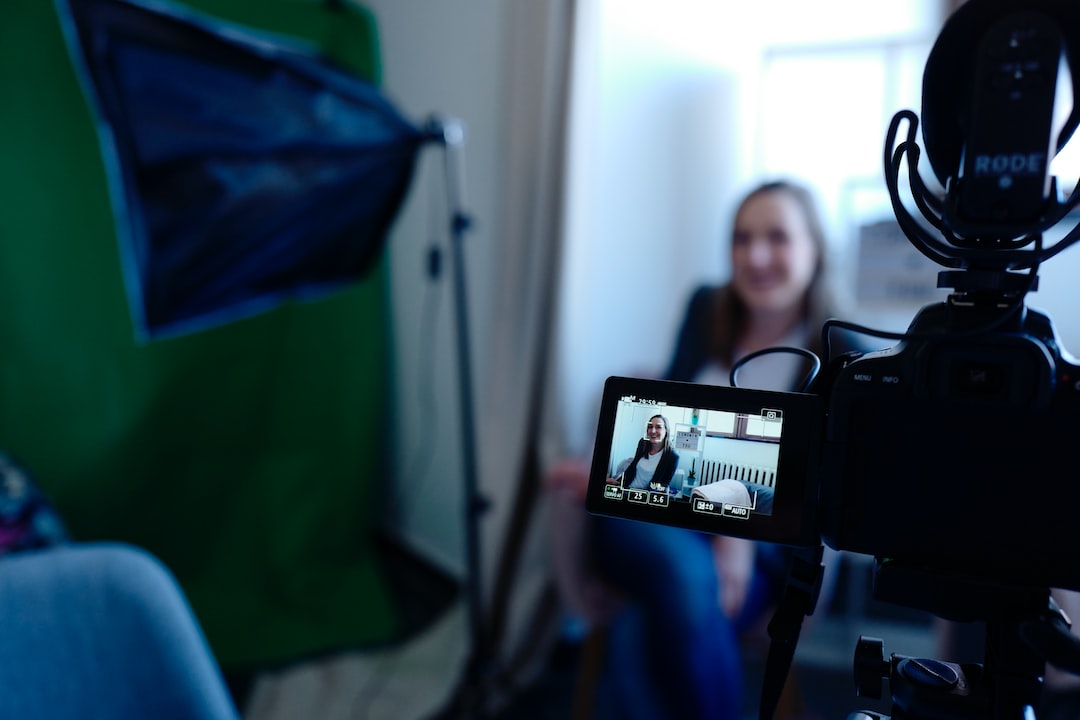The Role of Media in Combating Hate Speech and Discrimination
Media plays a crucial role in today’s society, shaping the way we perceive the world around us. It has the power to influence public opinion, drive social change, and combat hate speech and discrimination. In this blog post, we will explore the role of media in promoting tolerance, diversity, and inclusivity while actively opposing prejudice and discrimination.
Hate speech and discrimination are persistent issues that plague societies worldwide. They thrive on ignorance, fear, and misinformation, perpetuated by divisive ideologies. Media outlets, whether traditional or digital, have a responsibility to change this narrative by actively combating hate speech and discrimination.
To start, media organizations can take concrete steps to ensure that their own platforms do not contribute to hate speech. The responsibility lies in promoting ethical journalism and holding themselves accountable for the content they produce. This means adhering to a code of ethics that fosters cultural sensitivity, unbiased reporting, and fair representation of diverse voices.
A central aspect of tackling hate speech and discrimination is accurate information dissemination. Media organizations must prioritize fact-checking and verify sources before publishing any content. By doing so, they can prevent the spread of rumors, stereotypes, and falsehoods that perpetuate prejudice and marginalize vulnerable communities.
Furthermore, media outlets bear the responsibility to provide a platform for marginalized voices and underrepresented communities. By elevating these voices, they can counteract the dominant narrative and provide a more accurate portrayal of diverse perspectives. This can be achieved by diversifying newsroom teams, collaborating with grassroots organizations, and actively seeking out stories from individuals who have been historically marginalized or silenced.
In addition to individual media outlets, the impact of social media platforms cannot be ignored in combating hate speech and discrimination. Platforms like Facebook, Twitter, and Instagram have vast audiences, making them ideal breeding grounds for hate speech. To counteract this, these platforms should develop and strictly enforce clear guidelines against hate speech, ensuring that harmful content is promptly removed.
Censorship is a delicate issue; however, it is essential to differentiate between hate speech and freedom of speech. Hate speech, by definition, targets individuals or groups based on attributes such as race, religion, or ethnicity, and serves no purpose other than promoting discrimination. Freedom of speech, on the other hand, can coexist with an environment that challenges hate speech by encouraging respectful dialogue and constructive debate.
The media must also play an active role in promoting tolerance, diversity, and inclusion through positive storytelling. By showcasing stories of successful integration, highlighting the achievements of marginalized communities, and exemplifying the power of collective action, media outlets can send a powerful message of hope and unity.
Campaigns that challenge stereotypes and promote empathy are another effective way the media can combat hate speech and discrimination. Advertising campaigns, for example, can be used to challenge preconceived notions and reshape public perception. By collaborating with organizations that advocate for the rights of marginalized communities, media can leverage its reach to foster empathy, understanding, and acceptance.
Education is a fundamentally important aspect of combating hate speech and discrimination. Media can contribute by developing and sharing educational content that promotes tolerance, diversity, and inclusivity. This can include documentaries, online resources, or partnerships with educational institutions to incorporate media literacy and inclusivity training into the curriculum. By equipping individuals with the knowledge and skills to critically analyze media content, we can empower them to challenge discriminatory narratives.
In conclusion, media outlets have a crucial role to play in combating hate speech and discrimination. This responsibility lies in promoting ethical journalism, fact-checking, providing a platform for marginalized voices and accurate representation, and challenging stereotypes. Social media platforms must also take action by implementing clear guidelines against hate speech and promptly removing harmful content. By fostering a culture of tolerance, diversity, and inclusivity, the media can actively contribute to creating a more equitable and just society.

